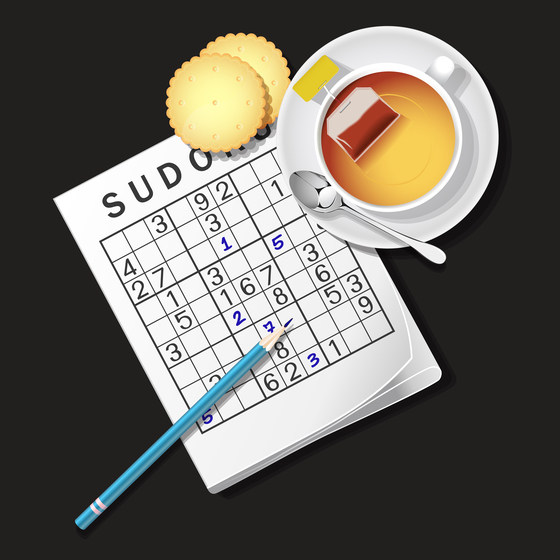When it comes to brain health, Sudoku has emerged as a popular tool. This number-based logic puzzle has gained a significant following, not just for its entertainment value, but also for its cognitive benefits. A memory care community in Greer, SC, has taken note and incorporated this brain-sharpening activity into their routine, recognizing its potential in promoting mental fitness among their residents.
Sudoku and Cognitive Engagement
Sudoku has increasingly been recognized as a cognitive engagement tool that demands considerable mental energy and focus. As a numbers-based logic game, it challenges players to use their mental faculties to decipher and resolve complex puzzles. As we age, it’s natural to experience a certain degree of cognitive decline. However, by providing the brain with regular mental exercise, such as what is required when solving Sudoku puzzles, we can effectively slow this process.
The key lies in constantly challenging the brain, thereby fostering the development of new neural pathways. This promotes cognitive resilience and adaptability, much like physical exercise leads to improved muscle strength and endurance. The incorporation of Sudoku into the daily activities of a memory care community in Greer, SC, demonstrates an understanding of this principle and its benefits to cognitive health.
Sudoku for Improved Concentration
Concentration is one of the critical cognitive skills that can deteriorate with age and is particularly impacted in individuals dealing with dementia or Alzheimer’s. Sudoku, with its demanding cognitive requirements, is an excellent tool for enhancing focus and concentration. The game necessitates deep attention, prompting players to think ahead and anticipate the repercussions of each move.
This continuous engagement strengthens concentration and attentiveness over time, making Sudoku a valuable activity within a memory care community environment. Residents are afforded the opportunity to engage in a fun, stimulating activity while also improving an important cognitive skill.
Enhanced Problem-Solving Skills
Sudoku has a significant impact on enhancing problem-solving skills. The essence of the game lies in the strategic placement of numbers, demanding players to engage their critical thinking abilities. These skills are vital in daily life, especially in a retirement community setting, where maintaining independence is valued. Sudoku offers an enjoyable yet challenging way to keep these skills honed and active, making it an asset within the memory care community in Greer, SC.
Boosts Memory Retention
Sudoku proves to be more than a simple pastime; it is an effective instrument in improving short-term memory. The structure of the game requires players to keep track of the current placement and potential positioning of numbers in order to successfully solve the puzzle. This constant remembering and recalling of information are akin to flexing a muscle; the more it’s used, the stronger it becomes. The process of playing Sudoku essentially involves constant memory training, as the player navigates the grid of numbers.
In a memory care community in Greer, SC, such activities have become an integral part of memory retention training programs. They offer an engaging, enjoyable way for residents to exercise their memory. It’s not about rote memorization, but about actively utilizing the information in a dynamic scenario, which can significantly improve memory capabilities.
Promotes a Sense of Achievement
Completing a Sudoku puzzle is not just mentally stimulating; it also instills a strong sense of achievement. This emotional reward can significantly enhance self-esteem and overall emotional well-being. These are crucial aspects of mental health, often overlooked in discussions of cognitive health. Within retirement communities, this boost in positive emotions can lead to increased resident satisfaction, overall happiness, and a sense of fulfillment. It’s not just about the numbers on the grid; it’s about the smiles on the faces of the residents when they solve them.
A Social Activity
Sudoku, while essentially a solo game, can become a social activity within a memory care community. Residents can engage in group puzzle-solving sessions, share different strategies, or compete in friendly matches. This brings in a social aspect to the cognitive exercise, fostering camaraderie and a sense of belonging among residents. It’s not only about improving cognitive health, but also about enhancing the community living experience, contributing to an overall positive environment in the retirement community.
Sudoku, in its simplicity and structure, provides an engaging platform for mental exercise. It serves as a testament to the fact that brain health can be fostered through simple, enjoyable activities. The memory care community in Greer, SC, incorporates Sudoku into their routine, demonstrating a commitment to the holistic approach towards cognitive health.
By integrating such brain-strengthening activities into daily routines, we can promote mental fitness, enhance the quality of life, and foster a vibrant, active community environment. With each puzzle solved, we’re taking a step towards better cognitive health and a fulfilling life in our golden years.







